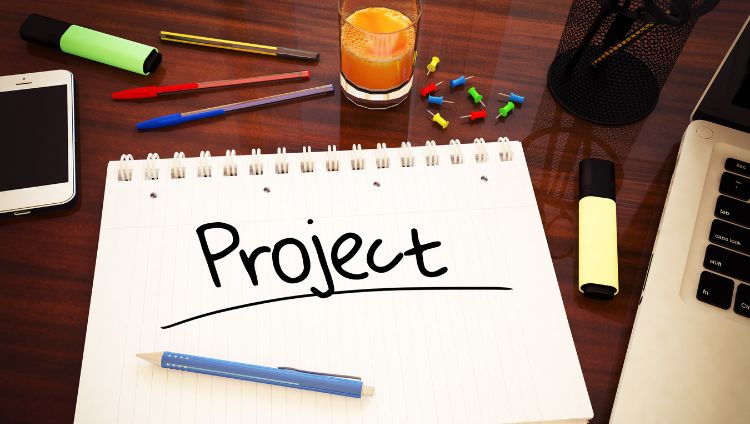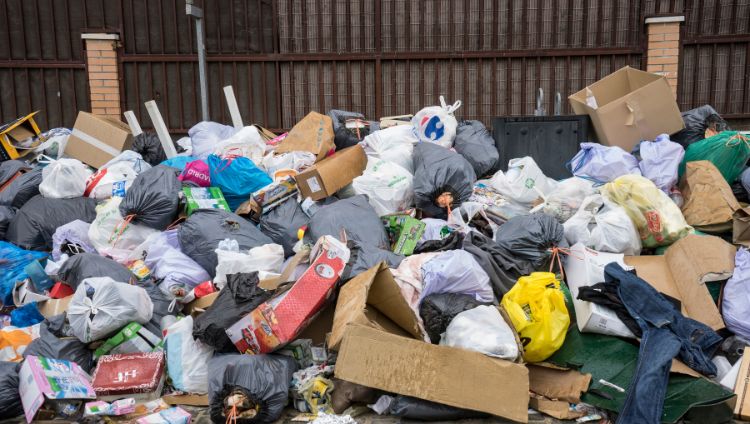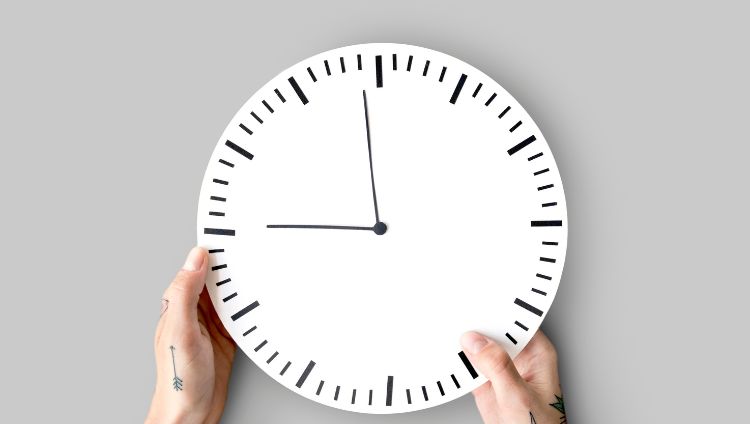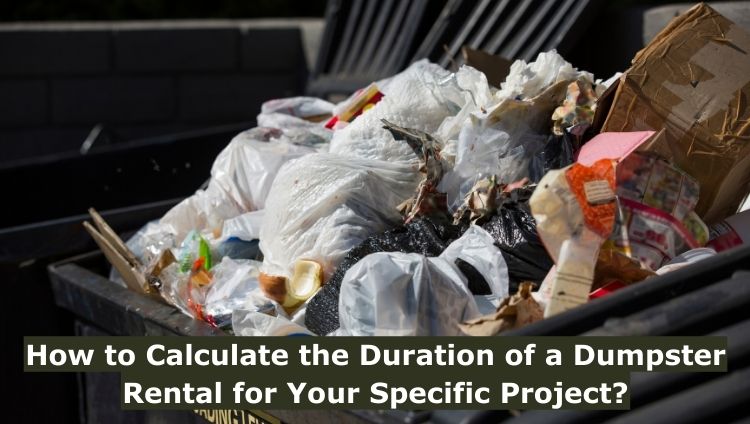Calculate the Duration of a Dumpster Rental to ensure effective waste management for any project. Carefully assessing the ideal rental period helps optimize efficiency and cost.
Here’s a comprehensive guide to help you about How to Calculate the Duration of a Dumpster Rental for Your Specific Project.
1. Thoroughly Assess Your Project
Before you can pinpoint the perfect rental duration, conduct a thorough evaluation of your project:

Project Type
Identify the nature of your project. Is it a home renovation, a construction job, a landscaping overhaul, or a general cleanout? Each project type generates waste at a different rate.
Waste Volume
Estimate the volume of waste you expect to generate. This involves assessing the materials to be disposed of, their sizes, and quantities.
Consider separating recyclable materials and hazardous waste from general debris.
Related Post: How much Does a Garbage Dumpster Weight?
Work Schedule
Determine your project’s timeline. Will you be working on it full-time, part-time, or only on specific days of the week or weekends?
A realistic schedule helps establish the rental timeframe.
Related Post: How to Schedule a Dumpster Rental Online?
2. Estimate Waste Volume in Cubic Yards
Once you have a grasp of your project’s scope, estimate the volume of waste in cubic yards.
Dumpster rental companies offer various sizes, typically ranging from 10 to 40 cubic yards. Here’s a more detailed breakdown:

10-15 cubic yards: Suitable for small cleanouts, like clearing out a garage or attic.
15-20 cubic yards: Ideal for single-room renovations or small landscaping projects.
20-30 cubic yards: Appropriate for kitchen or bathroom renovations and medium-sized construction projects.
30-40+ cubic yards: Reserved for large-scale construction projects or extensive property cleanouts.
3. Consider the Rate of Waste Accumulation
Assess how waste will accumulate throughout your project. If you anticipate a steady stream of waste, extending the dumpster rental period may be beneficial.
On the other hand, if waste builds up quickly, consider opting for a larger dumpster or arranging more frequent pickups.
4. Factor in Unforeseen Delays
Be prepared for potential delays that might affect your project timeline. Factors such as weather conditions, unforeseen construction challenges, or other unexpected events could disrupt your schedule.
To avoid extra rental costs or interruptions in waste disposal, consider adding a few additional days to your rental period as a precaution.
5. Review Rental Company Policies
Dumpster rental policies can differ significantly between companies, especially concerning duration and pricing. Some companies provide flexible rental periods that can be adjusted as needed, while others enforce fixed rental terms. It’s essential to review the terms and conditions, including any additional charges for extending the rental period.
6. Consult with the Rental Company
Engage in a discussion with the dumpster rental company. Share the specifics of your project, including its scope, timeline, and expected waste volume.
The rental company’s experience can provide valuable insights and help you select the most appropriate rental duration and dumpster size for your needs.

7. Calculate the Duration Precisely
Once you’ve taken all factors into account, you can precisely calculate the duration of your dumpster rental.
It’s generally advisable to slightly overestimate rather than underestimate, as this can prevent unexpected fees or the inconvenience of not having the dumpster when you need it most.

Frequently Asked Questions
What happens if I underestimate the rental duration?
Underestimating the rental duration can lead to inconveniences and extra costs. If you finish your project but still have waste to dispose of, you may need to extend the rental, which can result in additional fees.
It’s generally recommended to err on the side of caution and plan for a slightly longer rental period to accommodate any unexpected delays.
Can I change the rental duration after booking a dumpster?
Most dumpster rental companies offer flexibility, allowing you to adjust the rental duration as needed.
However, it’s important to check the company’s policies and discuss any changes with them well in advance to ensure availability and avoid extra charges.
What if I need multiple dumpster pickups during my project?
If you anticipate that your waste will accumulate quickly, consider scheduling multiple dumpster pickups or renting a larger dumpster initially.
Discuss this with the rental company during the planning phase to ensure a smooth waste disposal process.
Are there any time constraints on dumpster rental periods?
Some rental companies may impose minimum or maximum rental periods.
Common minimums are typically 3 to 7 days, while maximums can vary but often don’t exceed 30 days.
Be aware of these constraints when planning your project and consult with the rental company for exceptions if needed.
Can I extend my rental if my project takes longer than expected?
Yes, you can usually extend your rental if your project takes longer than initially planned.
However, it’s crucial to inform the rental company as early as possible to secure an extension and avoid any scheduling conflicts.
What if I finish my project early?
If you complete your project ahead of schedule and no longer need the dumpster, contact the rental company promptly to arrange for an early pickup.
Many rental companies are accommodating and will adjust the rental charges accordingly.
What should I do if I encounter delays due to weather or unforeseen circumstances?
Weather and unforeseen challenges can disrupt project timelines. In such cases, communicate with the rental company to discuss potential extensions or adjustments to the rental period.
Most rental companies understand these issues and will work with you to find a suitable solution.
How do I avoid overage fees?
To avoid overage fees, plan your rental duration carefully based on the factors mentioned in the guide. It’s better to overestimate the rental period slightly than risk exceeding it.
If your project is taking longer than expected, communicate with the rental company to extend the rental duration to prevent overage fees.
Conclusion:
In conclusion, it’s important to plan thoughtfully and assess your project’s specific requirements when deciding on the length of your dumpster rental.
Selecting the appropriate rental period allows for efficient waste management, cost savings, and smooth project progression. By following these guidelines, you’ll be able to determine the optimal duration for your dumpster rental.
If you want to learn how to handle trash better, take a look at our blog.


